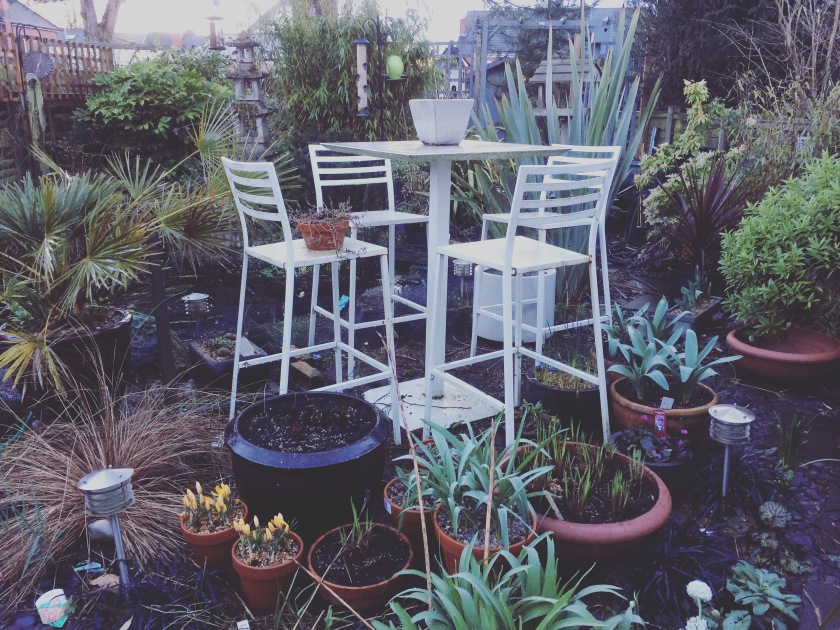
The Leasowes Walled Garden is joining forces with the Bat Conservation Trust (BCT) at this year’s BBC Gardeners’ World Live, taking place at the NEC Birmingham, between 15-18 June. The collaboration came about after the walled garden entered and won the group category of last year’s Wild About Gardens Week ‘Plant a bat feast’ photo competition, organised by The Royal Horticultural Society (RHS), The Wildlife Trusts and Bat Conservation Trust (BCT).
Since winning the competition with its ‘Biodiversity and Bats’ area, created by volunteers, the walled garden has continued to build on its conservation efforts, incorporating a wildlife pond into what will become a beautifully spacious and well-thought-out wildflower meadow. Volunteers and visitors alike are free to take in the peace and quiet of the walled garden and heritage orchard, during designated hours, benefitting from this unique and restorative setting.
Visitors to the show are invited to come along and meet one of several volunteers who will be on hand to talk about the restoration project and this year’s Wild About Gardens ‘Bee Creative’ campaign, or you can pick up tips from a resident bat expert who will be giving talks throughout the duration of the show on stand G425. The walled garden’s display will also feature flowers by husband-and-wife team, Paul and Jo Hill of Brookfield Nurseries, Belbroughton, renowned for their award-winning hanging baskets – key to the success of Halesowen In Bloom’s coveted gold award.
The 18th-century walled garden was created in 1776 by Edward Horne, who took ownership of The Leasowes following the poet and landscape designer William Shenstone. It was purchased in perpetuity for the public, by Halesowen Abbey Trust, in November 2014, and is managed with nature in mind. The site comprises 2 acres of community gardens, maintained by volunteers and funded by welcome charitable donations. Mick Freer, project leader, said: “We are delighted that the Bat Conservation Trust has asked us to participate on their stand and have this opportunity to raise the profile of our conservation work and its continued reliance on funding.”
To make a donation, please visit www.leasoweswalledgarden.co.uk or make cheques payable to Halesowen Abbey Trust and send to 59 The Hawnelands, Halesowen, B63 3RT.




